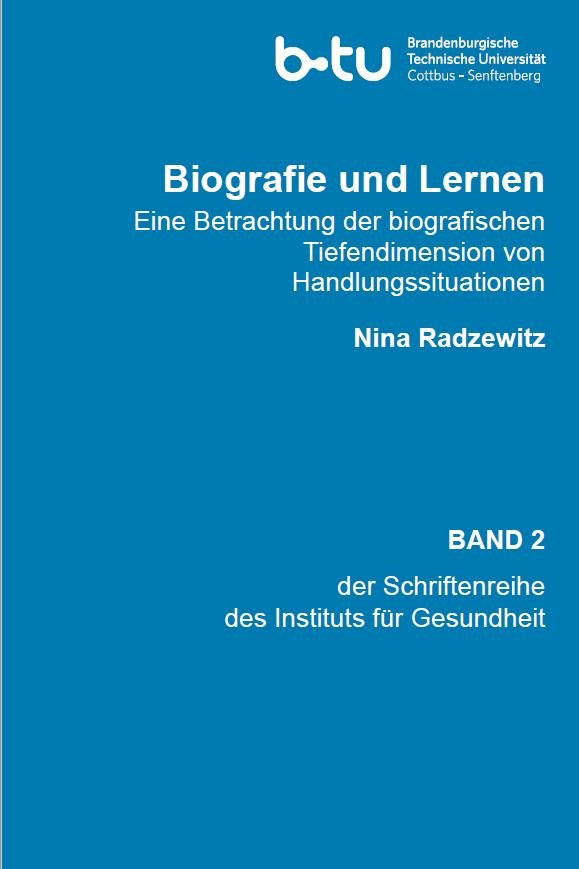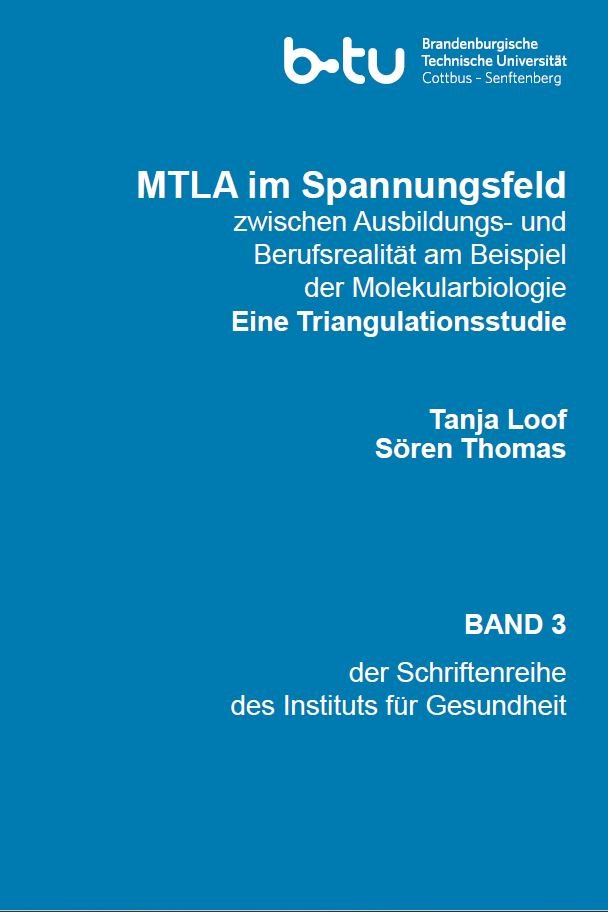
Biography and learning A consideration of the biographical depth dimension of action situations
Nina Radzewitz
This paper aims to illustrate what distinguishes a biographical research approach to learning. For this purpose, first the particularities of the approaches of biographical research in contrast to the 'common' learning research are outlined and from there a theoretical presentation of the biographical concept of learning is made. Since there is a multitude of theoretical concepts in educational biographical research that illuminate the concept of learning from different positions and research directions, the claim is not to give a systematic overview, but only to present a basic (pre-)understanding. In order to present the complex phenomenon of biographical learning, this paper will draw on three dimensions that have emerged from biographical research: temporality, contextuality, and reflexivity in the biographical process of experience.
Following the theoretical consideration of the concept of learning, this will be applied to research material. This will be short narratives of learners. The selected material was collected within the framework of the Neksa project. In them, learners report on concrete professional or life experiences in different stages of education or life. UBICOVolume 2

MTLA in the field of tension between training and professional reality using the example of molecular biology A triangulation study.
Tanja Loof Sören Thomas
The profession of medical-technical laboratory assistants (MTLA) has always been subject to a strong progression oriented towards the progress of biomedical research. Currently, more and more classical analyses are being supplemented or replaced by molecular biological methods. This brings with it a strong increase in sensitivity and specificity. In addition, these methods allow a faster and more targeted start of therapy, which has a strong effect on patient safety. However, molecular biology content is currently not included in the MTLA training curriculum. The aim of this research work was to empirically prove a presumed discrepancy between training and professional reality with regard to molecular biological methods and to uncover their effects on working MTLA in their field of activity. The methodological approach was triangulated by first conducting problem-centered, guided interviews with experts. After their evaluation on the basis of grounded theory, the results were used to create an online questionnaire. The questionnaire was addressed to working MTLA who have completed their degree in Germany.
The "Generalistics Discourse" in the Field of Nursing in the State of Brandenburg
Heidrun Herzberg, Anja Walter, Peter Alheit
The "Generalistikstudie" refers to an extensive qualitative analysis of the discourses dealing with the impact of the new Nursing Professions Act (PflBG) on the nursing (education) landscape in the state of Brandenburg. The law has been in effect since January 2020, and its influence has long been felt because its requirements presuppose considerable changes to the nursing education curriculum. This option influences the ongoing nursing (education) reform discussion in the state, the profile of which will be the subject of the findings presented here. At issue are "discourses" that affect this reform. Such discourses can be represented as influential "opinion clusters" in a "mental field." To this end, three group discussions were conducted with six principals each, and a total of 19 expert interviews were conducted with representatives of various functions in the field of nursing education. The result of the study is the identification of four clusters of meaning: (1) "Generalism without grounding" (2) "Care of the elderly as a victim" (3) "We need help" (4) "Care with head and hand".
"Nursing Assistant" Recommendations for the adaptation of training programs in assistant professions in nursing that are the responsibility of the states as a result of the Nursing Profession Reform Act
Heidrun Herzberg, Anja Walter, Peter Alheit
This research report (short version) presents the results of a qualitative occupational field analysis on the situation of 'nursing assistance' in the state of Brandenburg and presents a competence profile developed from this for the future generalist training of nursing assistants. Empirical basis of the occupational field analysis are 44 expert interviews as well as 11 participant observations and subsequent focus interviews of the observed persons in different care settings of nursing. Both the expert interviews and the participant observations revealed that the core competence of nursing assistants is seen in the person-centered basic care of people in need of care. Nursing assistants work closely together with nursing specialists. The core characteristics of their work have been shown to be the great (also physical) closeness, the frequency of contact and the continuity of relationships with the people to be cared for. Against this background, the study suggests that in the future the job title of nursing assistant should be used instead of nursing assistant. Likewise, it is argued that the training of nursing assistants should extend beyond one year, so that the assistants, following their training, can competently perform the activities that they usually already (have to) perform in practice.
In the publication series of the Institute of Health , final project reports and very good master's theses by students are published. The publication series thus represents one of the ways in which the Institute raises its scientific profile.
